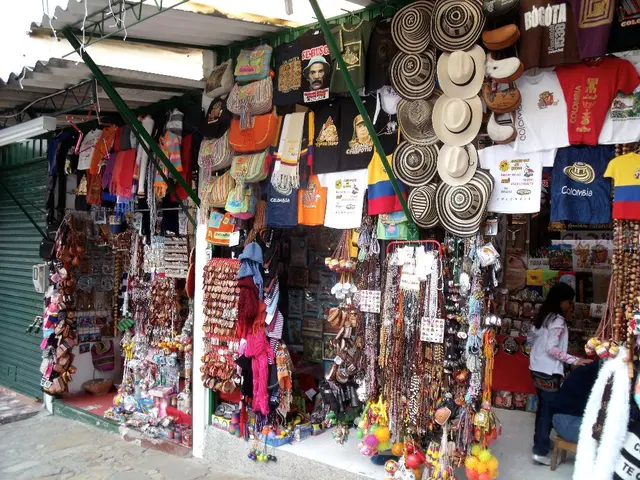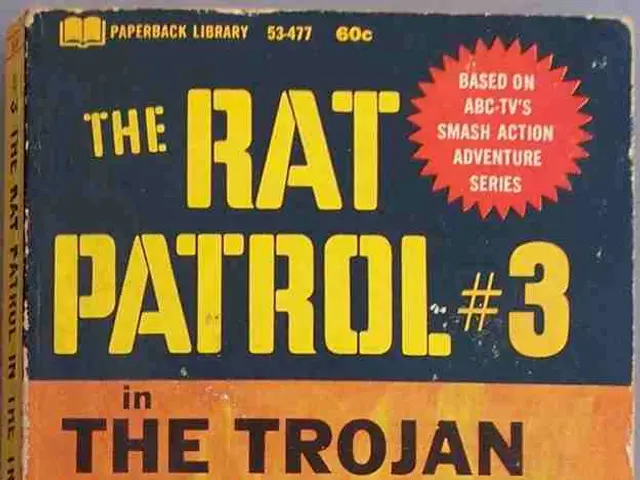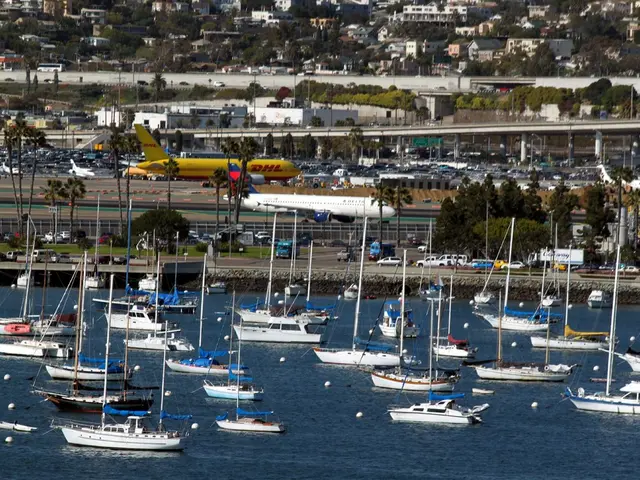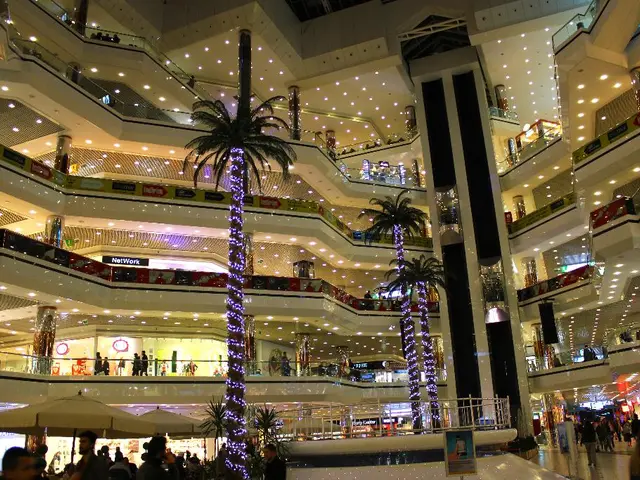Roadblocks Ahead: Senate Pauses Funding for Local Traffic Mitigation Schemes
Senate halts financial support for community block development schemes - Senate Halts Financing for Kiez Block Development Plans
Let's cut to the chase: the Berlin Senate has temporarily put the brakes on subsidies for neighborhood traffic mitigation projects, commonly known as "neighborhood blocks." These schemes aim to reduce car traffic, utilizing various methods like barriers, speed limits, one-way streets, bike lanes, and more.
First on the chopping block? The district of Mitte, which has been told to axe the "Neighborhood Blocks in Mitte" project and cease related planning. The state will no longer foot the bill for these plans. The opposition comes not just from the Greens and the Left, but also the SPD, the CDU's coalition partner.
Cause for concern? Some say yes.
The transport department has voiced worries about the impact on emergency services, police, fire and rescue teams, commercial and delivery traffic, and public transportation. Moreover, the surge in traffic in surrounding neighborhoods has been noted as an unaddressed issue.
"We're focusing too narrowly on specific street segments," says the transport department, led by Senator Ute Bonde (CDU). "More coordination with all parties involved is key." All districts with pending traffic mitigation projects are under review, as the Senate won't fund them for now.
The Greens' transport politicos Oda Hassepaß and Antje Kapek call it a "setback for the city's transportation transition." "By ignoring the concerns of many Berliners for cleaner air, less noise, and safer streets, Senatorin Bonde has made a scandalous decision," they lament. Similar sentiments come from the Left MP Niklas Schenker, who accuses the Senate of sacrificing neighborhood quality of life and car traffic restrictions.
The SPD's Tino Schopf, however, argues the coalition should be avoiding pitting transport users against each other. He sees the move as a nod towards a car-centric city policy of the 1960s, disregarding traffic safety needs. He can't get behind the "confrontational strategy" of the Senatorin.
The AfD's Rolf Wiedenhaupt, on the other hand, welcomes the decision, deeming it long overdue. "Lack of citizen participation, decisions against residents’ explicit wishes, obstruction of emergency services – the issues with neighborhood blocks are manifold," he states.
The transport department stresses that the Senate isn't rejecting traffic mitigation projects outright – just the ones without solid planning. The specific funding amount is unavailable at present.
Now, when it comes to Berlin-focused traffic calming news, the search results are a tad skimpy. However, if you're curious about urban greening initiatives in the city (hello, green roofs and medians!), or road safety improvements outside Berlin, there's some interesting stuff going on, although it's not exactly a one-to-one match. And, yes, there are broader initiatives targeting traffic safety and school improvements out there.
For the nitty-gritty on neighborhood block traffic calming plans in Berlin, you'll want to dig into local Berlin government announcements or news sources. They'll likely have all the latest deets you need.
- The temporary halt in subsidies for neighborhood traffic mitigation projects has prompted discussions about the broader employment policies required to address concerns raised by various sectors, such as emergency services, police, and commercial transportation, in the industry of transportation.
- The policy-and-legislation arena is abuzz with the implications of the Senate's decision to revise the employment policy, with politics at the forefront as parties like the Greens, the Left, the SPD, and the CDU reflect on their stances regarding the city's traffic mitigation strategies.
- The suspension of funding for neighborhood blocks in Mitte has revealed the need for a comprehensive employment policy that ensures coordination across departments, addressing issues faced by different employment sectors, including construction, urban planning, and traffic management, while facilitating the city's general-news transition towards greener, safer streets.








